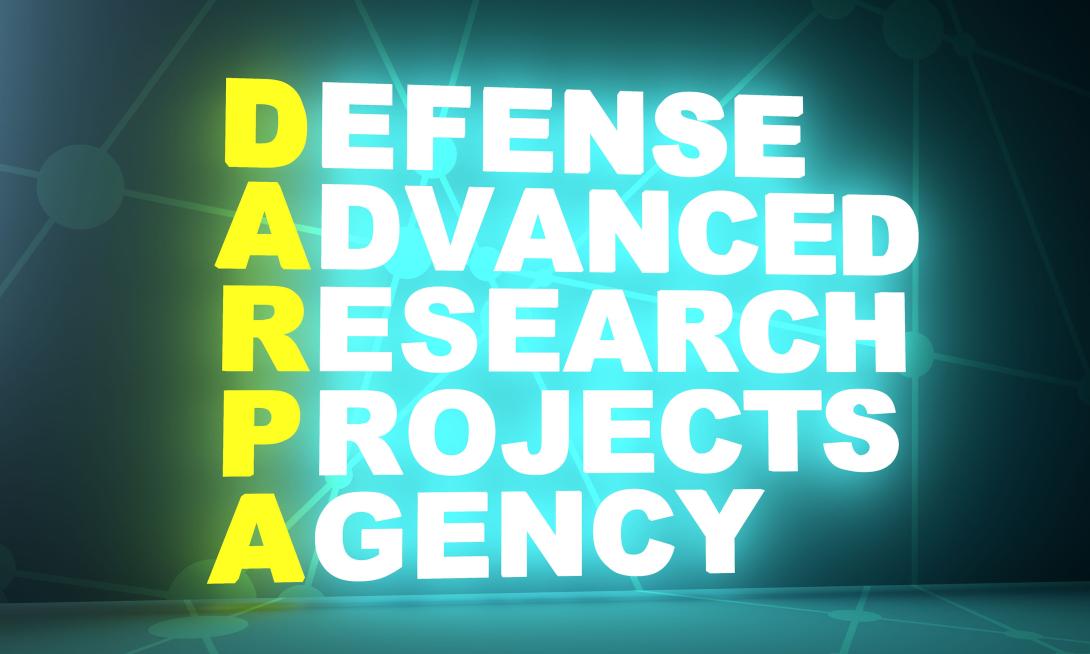On Point: Q&A With Stefanie Tompkins
What are your current priorities?
We have significant investments in answering many big technological questions, but my highest priority is ensuring DARPA stays DARPA and never succumbs to the temptation to become a top-down, overly structured organization. DARPA innovates through an unusual model of hiring program managers for short tenures and letting them loose, and we have to protect that.
Personally, I’m passionate about supply chain innovation. Fortunately, our program managers had already identified the importance and were
working on that when I arrived.
What DARPA news should we expect in the coming months?
On supply chains, a number of things are in development, and you’re likely to see some really interesting announcements on new programs in that space.
More broadly, expect to hear more on the ethical, legal and societal implications (ELSI) of new technologies. DARPA starts 40-50 new programs every year across a variety of disciplines, and many include questions relevant to ELSI, which can help guide innovation and facilitate dialogue with both future end users and the public. ELSI is baked into many DARPA programs, and new efforts may more directly focus on ethics questions related to autonomous systems.
What three capabilities would you wish to provide warfighters today?
Supply chain independence: I would want them to not be supply chain dependent, to have whatever needed wherever they are and not worry about having things delivered, whether locally or from across the ocean.
Cyber protection. From the individual warfighter to the U.S. government, we spend significant national security resources on cyber defense. I’d like to give warfighters the ability to focus and function without the constant distraction and worry about the threat of systems being compromised—including something as personal as their bank accounts.
Medical protection: I would love to give them more comprehensive protection against, and countermeasures to, the many health challenges they face, from battlefield injuries to chemical exposure to diseases against which they have no immunity.
What technologies pose the greatest threat?
Any technology has the potential for both positive and negative uses. The greatest threats arise where the greatest uncertainty plays out. For example, the national security implications of artificial intelligence (AI) misuse—not just by nation-states but by how it impacts society and upends economic assumptions—could be quite damaging. But at the same time, AI promises immense benefits.
DARPA has multiple programs tackling these issues, including our AI Cyber Challenge, which the Biden Administration highlighted in an executive order on AI. We’re calling on the best and brightest to use AI to find and fix vulnerabilities in the software undergirding the nation’s critical infrastructure—from financial systems to public utilities.
What accomplishments are you most proud of since leading DARPA?
This question gets to the heart of my own experience leaving the Washington, D.C., region a few years ago. In Colorado, I encountered brilliant people working on technologies I knew would benefit national security but who weren’t tied into the defense ecosystem. Over the past few years, we’ve taken a multi-pronged approach to broadening the innovation ecosystem. Last year, we met innovators around the country in a series of regional conferences. To keep momentum, we established DARPAConnect, an effort to reach industry and academic institutions new to the national security space. What worries me most is the person DARPA doesn’t know about whose idea could change the world. Given that our mission is focused on creating technological surprise, reaching everyone who has a great idea is critical, and we have made a significant difference in our ability to do just that.
Questions and answers have been edited for concision and clarity.




Comments